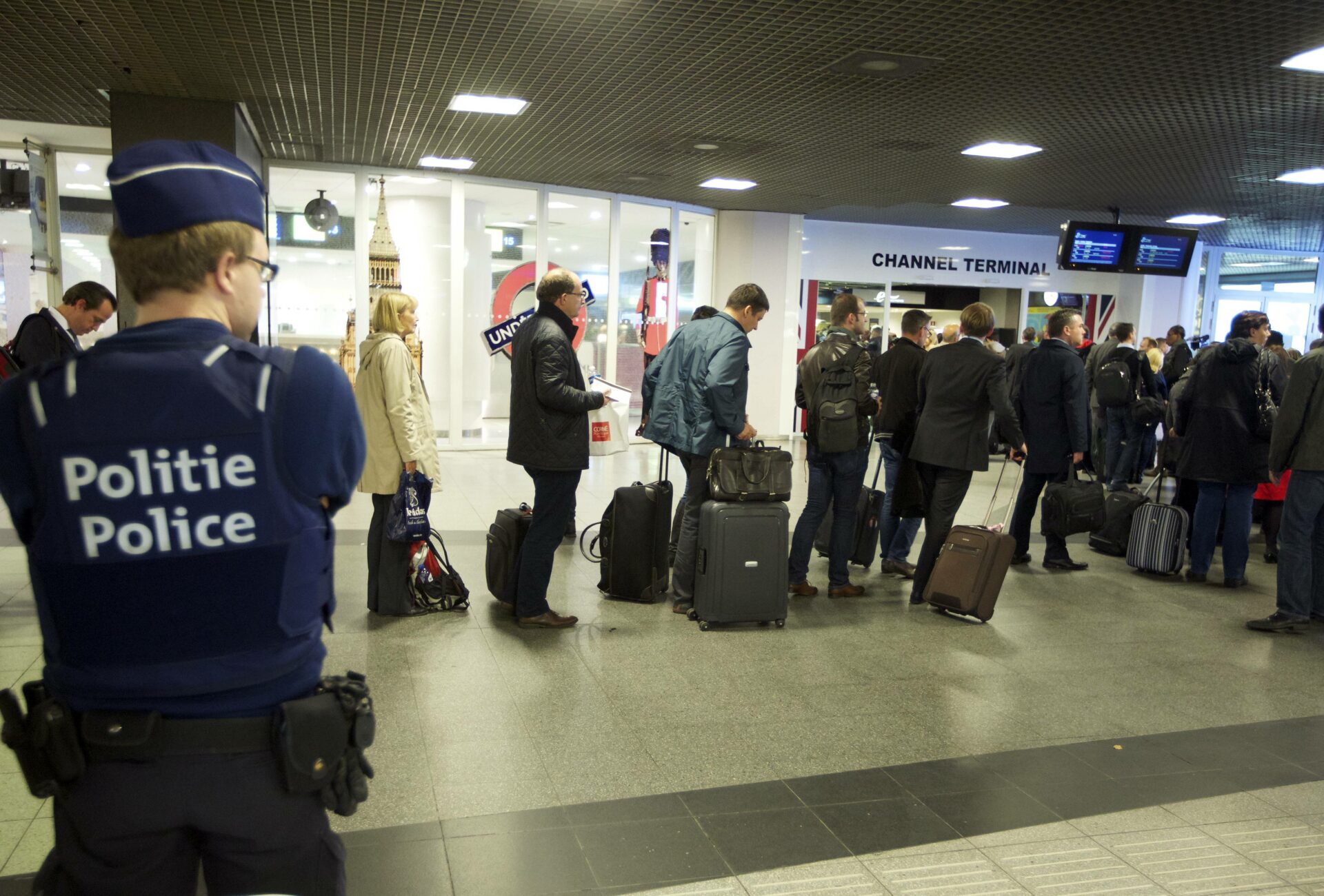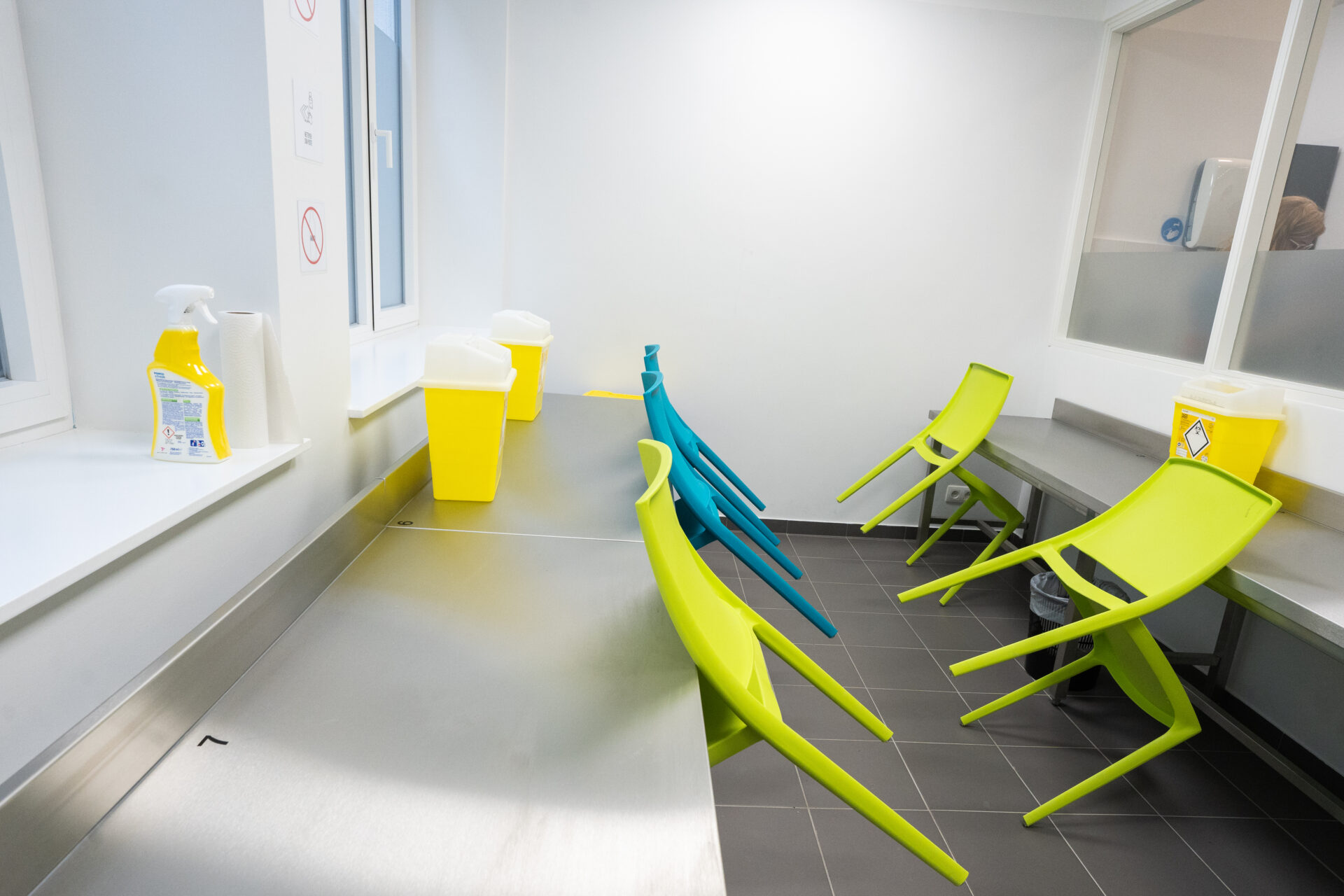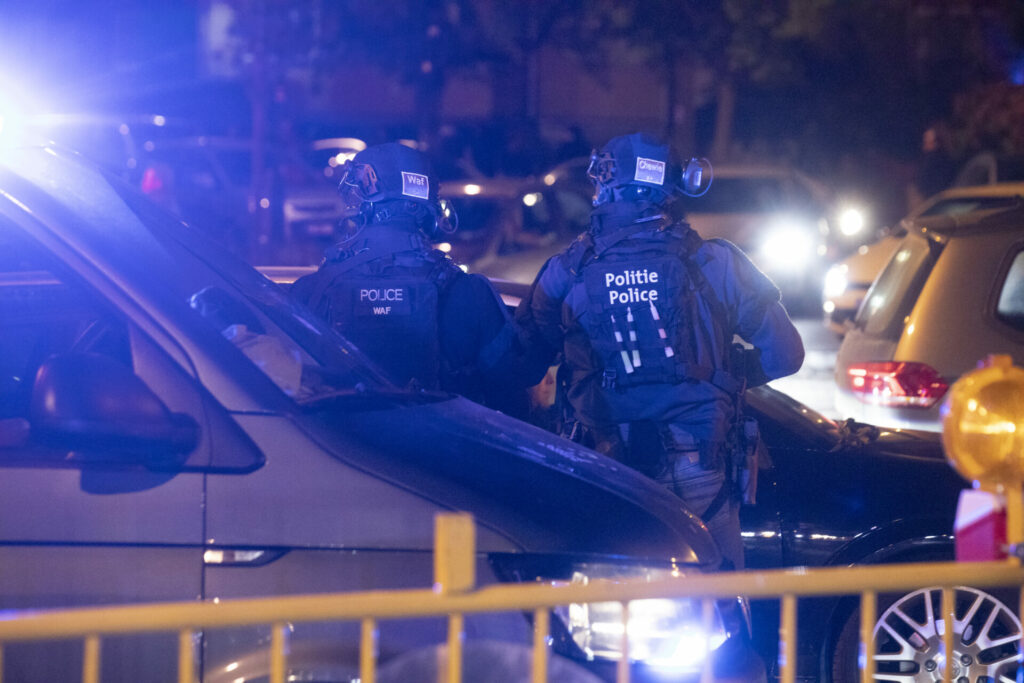After two more shootings occurred back-to-back this weekend, 66% of Brussels residents say they feel under threat in the context of growing drug-related violence across the capital.
Two consecutive shootings occurred in Brussels this weekend, adding to Brussels' skyrocketing levels of gun violence. Just before midnight on Saturday, a 29-year-old man was shot dead in Laeken. In a separate incident a few hours later, another 28-year-old man was severely injured by gunshots in Saint-Josse. He has since died in hospital.
It remains uncertain whether or not the two incidents are connected. In any case, the shootings have contributed to an explosion in the incidence rate of drug- and gun-related violence in Brussels. A spate of shootings in and around Saint Gilles in February shook the general public, and there have already been 21 shootings across the city this year in comparison with 85 in 2022 and 108 in 2023.
"If we continue at this rate, the figures [compared to 2023] will explode," concluded Public Prosecutor Fabienne Ledure at the murder trial held in the aftermath of the Laeken shooting.
The latest Ipsos poll conducted by Le Soir, RTL, VTM and Het Laatste Nieuws reflects growing public concern in tandem with this trend. Two thirds (66%) of participants say they feel more unsafe due to drug-related violence, 69% want more police on the streets, and 78% think drug users should be punished more severely.
'Boots on the ground'
The subject of reinforcing the police has been gathering pace in Brussels for quite some time, particularly in crime "hotspots" such as Brussels-Midi train station.
Last week, along with the zone's police chief Jurgen De Landsheer, Mayors Jean Spinette (Saint-Gilles), Fabrice Cumps (Anderlecht) and Mariam El Hamidine (Forest) co-signed a plea for Home Affairs Minister Annelies Verlinden (CD&V) to provide more police support to the communes in question.
Political efforts in this area have been accelerating since summer. In September, 'Plan Midi' constituted a crackdown on drug use and homelessness in the station. The initiative is widely criticised by social actors for relocating the problem to Porte de Hal, Rue de l'Hotel des Monnaies and Place Bethléem rather than offering a durable solution.

'Plan Midi' addressed security concerns at Brussels-Midi station, known as an "international gateway." Credit: Belga / Nicolas Maeterlink
In the face of rising security concerns and a political attempt to respond to them decisively, economist Geert Noels is keen to advocate alternative routes that are more dependent on optimising technology. Speaking to RTL Info on Monday morning, Noels pointed out that Brussels already employs more police than Antwerp and cities in neighbouring countries. He suggested that technology and databases should be better utilised to reduce workloads.
"It is very strange that in the private sector, everyone has to think about the use of technology to improve their services. This is much less common in the public sector," he said. "It is being done, but not enough. I think we need to invest more in technology to guide and help our services, rather than hiring more police officers."
Dealing with drug addiction
The survey points to a public desire to get tougher on drug use, but harm-reduction approaches to addiction have been in place in Belgium for years.
The country's first drug consumption room ('salle de consommation à moindre risque', or SCMR) opened in Liège in 2018. There is currently one in operation in Brussels, with a second in the pipeline.

A ventilated room at 'Gate' SCMR where users can smoke crack cocaine. Credit: Belga / Juliette Bruynseels
SCMRs provide a space for drug users living precariously to take illicit substances under supervision of trained medical staff. Evidence-based research shows that the centres improve healthcare among hard-to-reach groups, do not increase crime in the surrounding area, may contribute to a decrease in public drug use and even decrease drug-related deaths.
Despite the survey's results pointing to a desire to get tougher on drug use, local politicians are increasingly endorsing a harm-reduction approach to drug addiction given its positive track record and its effect on reducing public drug consumption, therefore improving public security.

